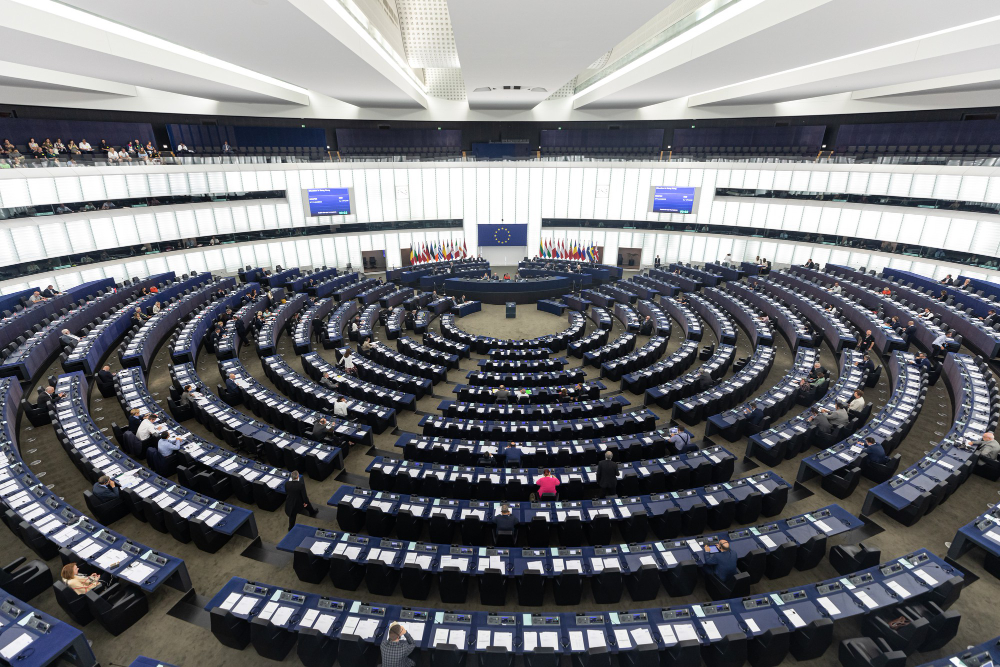Parliament confirms the composition of its interparliamentary delegations

On Thursday, the political groups and non-attached Members announced which MEPs have been appointed to each Parliament delegation for the 10th term.
The European Parliament will have 48 interparliamentary delegations in this legislative term – four more than in the 2019-2024 legislature. The political groups and non-attached Members decide internally which MEPs sit on each delegation. The full list of members sitting on each delegation is available here and will also be added to the plenary minutes. The announcement was made in plenary on Thursday, following a vote on Wednesday (adopted with a show of hands) to correct the numerical composition of the delegations, replacing the July 2024 decision.
The process to establish Parliament’s delegations is set out in Rule 229 of its Rules of Procedure, which states that the composition of the delegations must ensure as far as possible that member states, political views, and gender are fairly represented, while no delegation may have more than one third of its MEPs coming from the same country.
Background
Interparliamentary delegations maintain relations and exchange information with parliamentarians in other countries, regions and organisations to foster the EU’s core values: liberty, democracy, respect for human rights and fundamental freedoms, and the rule of law. Only official delegations, duly authorised by the Conference of Presidents, are permitted to carry out activities on behalf of the European Parliament and to represent its position.
Next steps
Delegation Chairs and Vice-Chairs will be elected at their constitutive meetings on 30 September and 3 October.
